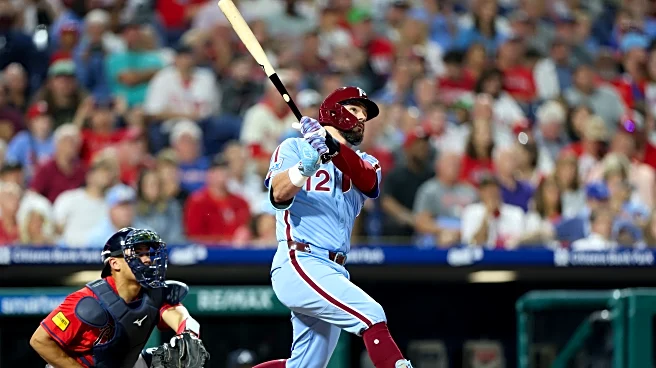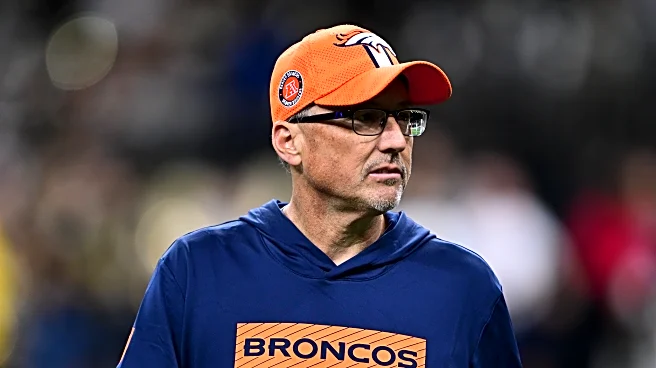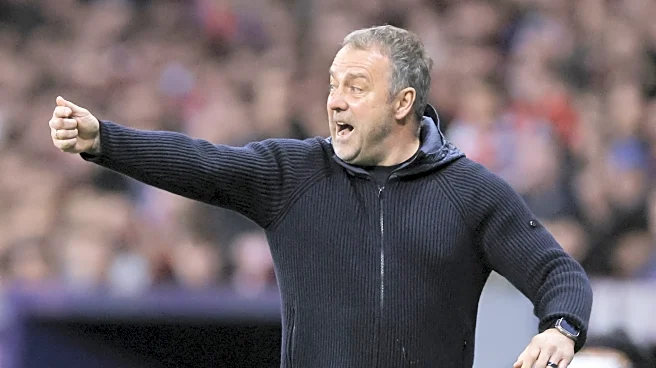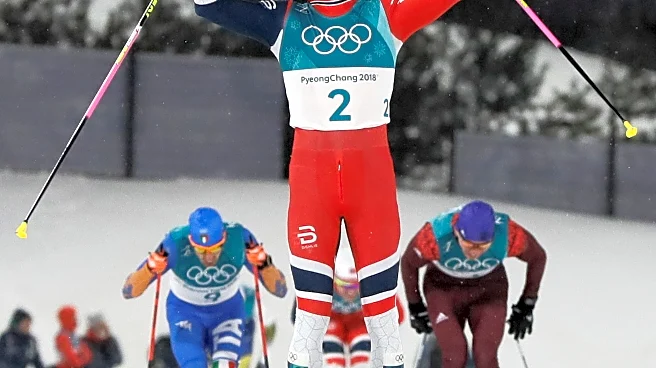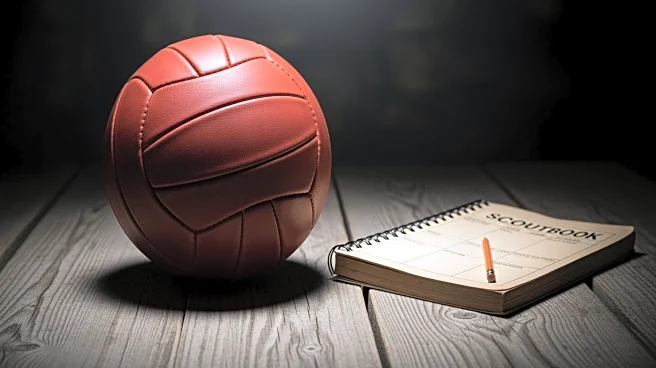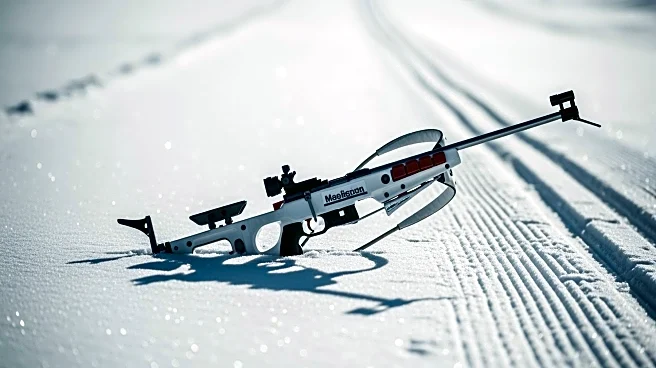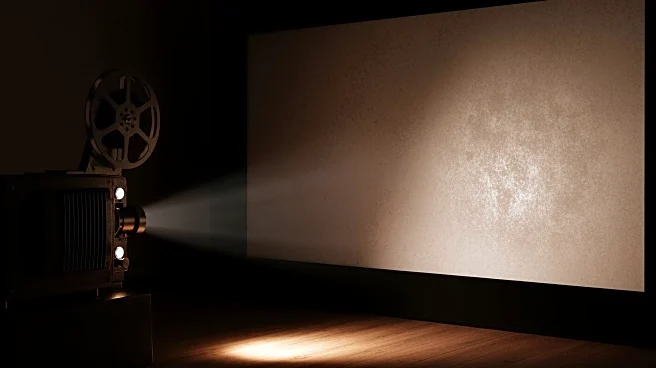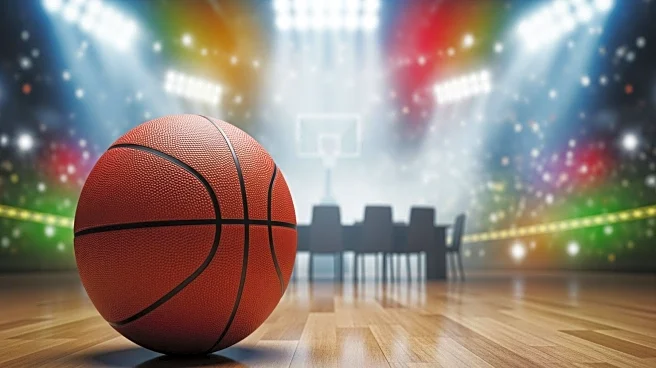In case you haven’t heard by now, Kyle Schwarber joined a rather illustrious club last Thursday. The Phillies’ slugger became only the 21st player in MLB history to hit four home runs in a game. It’s a club that
is more exclusive than pitching a perfect game, of which there have been only 24. Schwarber’s accomplishment also gave the Phillies a rather impressive record, as he was the fourth Phillie to accomplish the feat, joining Ed Delahanty, Chuck Klein, and Mike Schmidt. Those four such instances in Phillies history give them the most four home run games across all MLB franchises.
In honor of the Phillies now standing alone atop the category, let’s take a look back at all of their four home run games.
Ed Delahanty, July 13th, 1896
Delahanty played sixteen Major League seasons, with thirteen of his first fourteen seasons being for the Phillies from 1888 to 1901 excluding a single season with the Cleveland Infants of the Players League in 1890. His 2,214 hits are the fourth most in franchise history and his .348 AVG is the best among all Phillies to play at least 1,000 career games with the franchise, having hit .400 three separate times. He was inducted into the Baseball Hall of Fame in 1945 and was honored this past May with his “number” being retired by the Phillies.
Delahanty played in an era when home runs were few and far between, as he hit only 101 in his big-league career with a high mark of 19 in 1893 that also happened to lead MLB. Nevertheless, he became the second player in MLB history to hit four homers in a game on July 13th, 1896 in Chicago against the Colts.
Delahanty came to the plate five times that day and put on a “pyrotechnical display with his good ash bat” according to a piece written in the Philadelphia Inquirer the next day.1 He hit two balls over the right field fence, with one clearing the scoreboard, for a two-run homer in the first and a three-run homer in the fifth against Chicago starter Adonis Terry. The final two of Delahanty’s home runs were solo but did come with the added flair of being inside the park, becoming the only player to have at least one such home run as part of a four-homer game. Delahanty collected five hits, mixing in a single with the four homers, and drove in seven of the Phillies eight runs in a 9-8 loss. He had more hits than the rest of the team combined, as Terry’s “old-time curves were too much for both the new and old bloods that are now masquerading in the disguise of a Philadelphia team” according to a piece in the Philadelphia Times. 2
Chuck Klein, July 10th, 1936
Klein was the brightest spot for a rather dismal era of Phillies baseball. He played 17 years in the Majors, 13 of them with the Phillies and two others where he was in Philadelphia for half of the season. Altogether, Klein played 1.405 games with the Phillies in a career spanning 1928 to 1944. He won the MVP award in 1932, becoming the first Phillie to do so, and became one of six NL players all time to hit for the triple crown in 1933, a year he finished as the runner up for MVP behind the Giants’ Carl Hubbell. Klein’s .935 OPS is the best in franchise history among players with at least 1,000 games played and his 243 home runs are the fifth most in Phillies history. He was named to the Hall of Fame in 1980, and his uniform was retired by the Phillies in 2001.
The slugging right fielder began 1936 as a member of the Cubs before being reacquired by the Phillies in a trade on May 21st along with Fabian Kowalik in exchange for Curt Davis and Ethan Allen. Phillies president Gerry Nugent insisted on Klein being in the package, as the Cubs were pushing Johnny Gill instead but Nugent “would not think of a deal” without the former Phillie.3 Klein had always been saddled with naysayers that believed that much of his power was due to playing in the hitter friendly Baker Bowl in Philadelphia, and his five home runs in 29 games for the Cubs seemed to prove that point.
But those doubters were proved wrong on July 10th, 1936, when Klein hit four home runs in a game played at Pittsburgh’s Forbes Field. All four of Klein’s homers went to rightfield, clearing the wall 350 feet away from home plate. He got started early, launching a three-run blast in the first off of Pirates starter Jim Weaver. He smacked his second homer in the fifth, again off of Weaver, to extend the Phillies lead to 5-1. By the time he next stepped to the plate in the seventh, the Phillies lead had been cut to 5-4. No matter, as Klein hit his third home run off of Mace Brown to give the Phillies some breathing room. Unfortunately for them, the Pirates would once again rally and force extra innings as a storm was brewing overhead.
That’s when Klein stepped to the plate in the tenth inning with rain beginning to fall and blasted the first pitch he saw from the Pirates’ Bill Swift for his fourth home run to right field. The Phillies added two more in the inning to stake a 9-6 lead, but the Pirates once again threatened in the bottom of the tenth. But a double play quickly ended the threat before a fly ball “ended Klein’s greatest day with victory and prove[d] that the Phils, even though they stagger around plenty, can usually furnish the Bucs with enough excitement in one afternoon to do for a season.”4
Mike Schmidt, April 17th, 1976
Schmidt played his entire career with the Phillies and is widely considered as the greatest Phillie and third baseman of all time. His 548 home runs are the most in team history and the 16th most in MLB history. The Hall of Fame third baseman started the 1976 season in a slump, as he was just 3-18 with nine strikeouts in four games. It was enough for manager Danny Ozark to drop Schmidt in the batting order from third to sixth as the team traveled to Wrigley Field for a quick two game series with the Cubs.
The game sure didn’t start well, as the Cubs roughed up Steve Carlton with the wind blowing out at Wrigley. Carlton couldn’t finish the second inning, as he allowed seven runs in the second on seven hits including two home runs. He was replaced by Ron Schueler, but he too ran into trouble and allowed three runs and recorded just two outs. Gene Garber was the next pitcher to enter this wind tunnel, and he allowed two more runs while getting only two outs.
All of that meant that by the time Schmidt stepped to the plate for his second at-bat in the fourth inning after a first inning flyout, the Phillies were down 12-1. Schmidt slapped a single and the Phillies eventually added a second run in the inning. Schmidt next came up in the fifth inning with the Phillies trailing 13-2. That’s when he blasted his first home run, a two-run shot to left off of a curveball thrown by Rick Reuschel. The second homer came in Schmidt’s next at-bat in the seventh, a solo shot that that cut the Phillies deficit to 13-7. It didn’t take long for Schmidt’s third home run, a three-run shot to left off of Mike Garman that pulled the Phillies within one run in the eighth in a now bonkers 13-12 game. The Phillies took a 15-13 lead in the ninth, but Tug McGraw allowed a two-run single to Steve Swisher with two outs that tied the game at 15-15.
But as McGraw was quick to joke about after the game, his blown save allowed Schmidt to have another at-bat. “Smitty never would have done it without me,” McGraw quipped to the Inquirer’s Allen Lewis.5 That extra at bat came with a runner on against another Reuschel, this one named Paul. Schmidt took what he called his “best swing” and hit an up and in fastball for a two-run shot that proved the difference in an 18-16 win that made Schmidt the first NL player in the modern era to homer in four consecutive at-bats.
Kyle Schwarber, August 28th, 2025
Schwarber’s four homer game may not have been as dramatic as Klein’s or Schmidt’s or included inside the park homers like Delahanty, but his did include a new franchise record with nine RBIs. Schwarber’s home runs came in the first, fourth, fifth, and seventh innings, traveling a combined 1,618 feet. Schwarber was also the only player in Phillies history to accomplish the feat at home in Philadelphia in the Phillies 19-4 decimation of the Braves. Also, unlike Klein and Schmidt, Schwarber did it in nine innings and still had a chance for a fifth home run. But he ultimately popped up a pitch from a position player and had to settle for being the fourth Phillie to hit four home runs in a game.
Sources
- The Philadelphia Inquirer, Tue, Jul 14, 1896, page 5
- The Philadelphia Times, Tue, Jul 14, 1896, page 8
- Stan Baumgartner, The Philadelphia Inquirer, Fri, May 22, 1936, page 21
- The Philadelphia Inquirer, Sat, Jul 11, 1936, pages 13, 15
- Allen Lewis, The Philadelphia Inquirer, Sun, Apr 18, 1976, pages 31, 34
